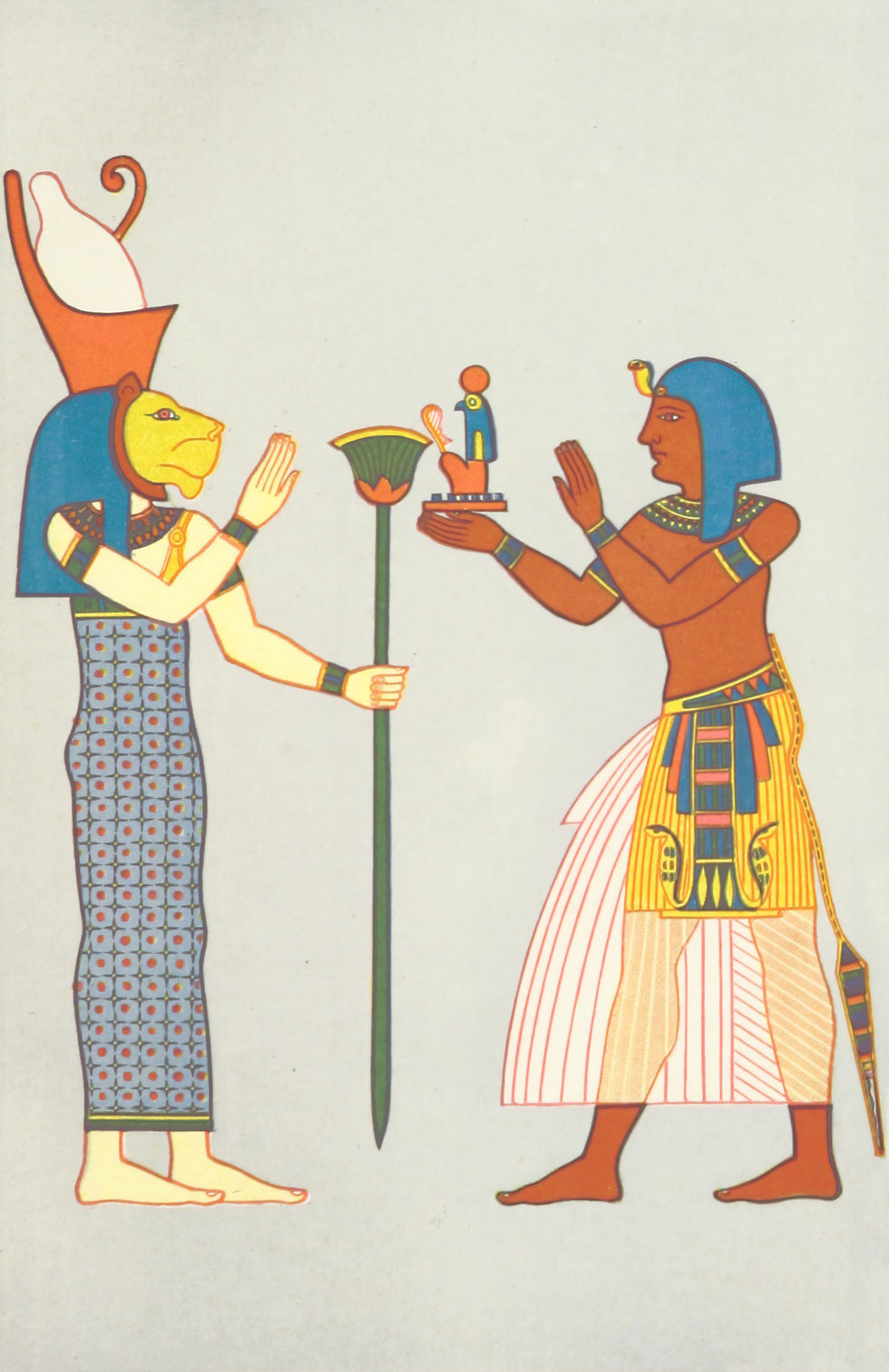The Role of Language in Religion: Exploring the Connection between Egyptian Arabic and Islam
- vlutetech
- Nov 19, 2023
- 2 min read
The Role of Language in Religion: Exploring the Connection between Egyptian Arabic and Islam Language plays a vital role in religion, serving as a means of communication, understanding, and connection between individuals and their faith. In the case of Islam, the Arabic language holds a special significance, as it is the language in which the Quran, the holy book of Islam, was revealed to the Prophet Muhammad. The image above beautifully captures the essence of this connection. The close-up of the Quran showcases the elegant Arabic calligraphy that adorns its pages, highlighting the beauty and importance of the Arabic language in Islamic religious practices. The presence of the mosque in the background further emphasizes the role of language in fostering a sense of community and unity among Muslims. Egyptian Arabic, specifically, holds a unique position in the Islamic world. As the most widely spoken Arabic dialect, it serves as a bridge between the classical Arabic of the Quran and the everyday language used by millions of Muslims around the world. Learning Egyptian Arabic not only enables individuals to communicate effectively with Arabic speakers but also provides insights into the rich cultural and religious heritage of Egypt. For those interested in learning Egyptian Arabic and exploring its connection to Islam, here are a few examples, thoughts, and tips: 1. Quranic Arabic: Studying Egyptian Arabic can enhance your understanding of the Quran. While the Quran is written in classical Arabic, learning the basics of Egyptian Arabic can help you recognize common words and phrases used in the Quran, deepening your connection to the sacred text. 2. Religious Vocabulary: Egyptian Arabic encompasses a wide range of religious vocabulary specific to Islam. By learning this dialect, you can familiarize yourself with terms related to prayer, fasting, pilgrimage, and other religious practices, enabling you to engage more meaningfully with Islamic teachings. 3. Cultural Insights: Language and culture are deeply intertwined. Learning Egyptian Arabic allows you to gain a deeper appreciation for the cultural nuances and traditions associated with Islam in Egypt. From religious festivals to local customs, understanding the language opens doors to a richer understanding of the Islamic faith. 4. Connection and Unity: Language serves as a powerful tool for fostering connection and unity among people. By learning Egyptian Arabic, you can connect with Arabic-speaking Muslims from Egypt and other parts of the world, breaking down barriers and building bridges of understanding and friendship. 5. Language Acquisition: Finally, exploring the connection between Egyptian Arabic and Islam provides valuable insights into the process of language acquisition itself. By delving into the intricacies of a language rooted in religious and cultural significance, you can gain a deeper understanding of how language shapes our identities and communities. In conclusion, the connection between Egyptian Arabic and Islam is a testament to the role of language in religion. By learning this dialect, individuals can deepen their understanding of the Quran, engage more meaningfully with Islamic teachings, and foster connections with Arabic-speaking Muslims around the world. Language truly has the power to bring people together, bridging gaps and fostering unity in the pursuit of knowledge, communication, and understanding.









Comments